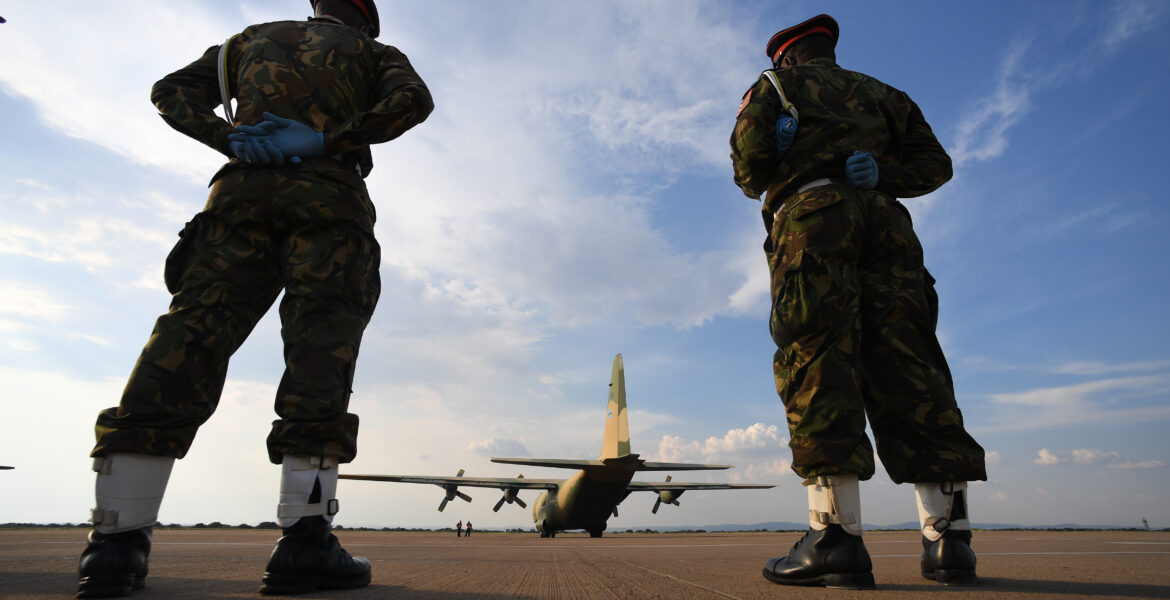- Less than P100m reserved for air assets
- BDF decries sorry state of military air arm
LETLHOGILE MPUANG
President Mokgweetsi Masisi’s administration will not be going ahead with plans to procure fighter jets because of budget constraints, the Minister of Defence, Justice and Security, Kagiso Mmusi, has revealed.
The Botswana Defence Force (BDF) has been allocated P4 billion out of P10 billion under its parent ministry.
Speaking to The |Botswana Gazette in an interview this week, Minister Mmusi said that only P1 billion will be used to strengthen the country’s military capacity in areas such as infrastructure development and maintenance, procurement and refurbishment of air assets, maintenance of military vehicles, communication equipment and defence equipment and that no provision has been made for procurement of fighter jets.
In fact, Minister Mmusi said since he assumed office in September 2019, the government has never come anywhere near procuring fighter jets for the BDF. “As much as it our wish to have fighter jets, we have never discussed the purchase of any since I came into this office,” he told The Botswana Gazette this week.
“It is true that our current fighter jets are old and we need new ones, but our financial situation as a ministry does not allow us. Military equipment is very expensive, and from this budget around P80 million will be used to maintain and service our aircraft and airports. We cannot do anything more than that.”
Although the BDF’s attempt to procure fighter jets was mired in controversy under former president Ian Khama, the army has consistently insisted on the need to replace its old Canadair CF-5 Freedom Fighter jet fleet which currently consists of 10 F-5A fighters and 3 F-5D trainers, all purchased second-hand from Canada in 1996.
Because of budget constraints, experts proposed upgraded that the BDF Air Wing’s F-5 fleet instead of buying new aircraft in 2013. Before former president Ian Khama exited office in April 2018, the government had approved funds to procure Gripen jets from Sweden. Reports subsequently suggested that the deal collapsed following a fallout between Khama and his successor, President Masisi.

